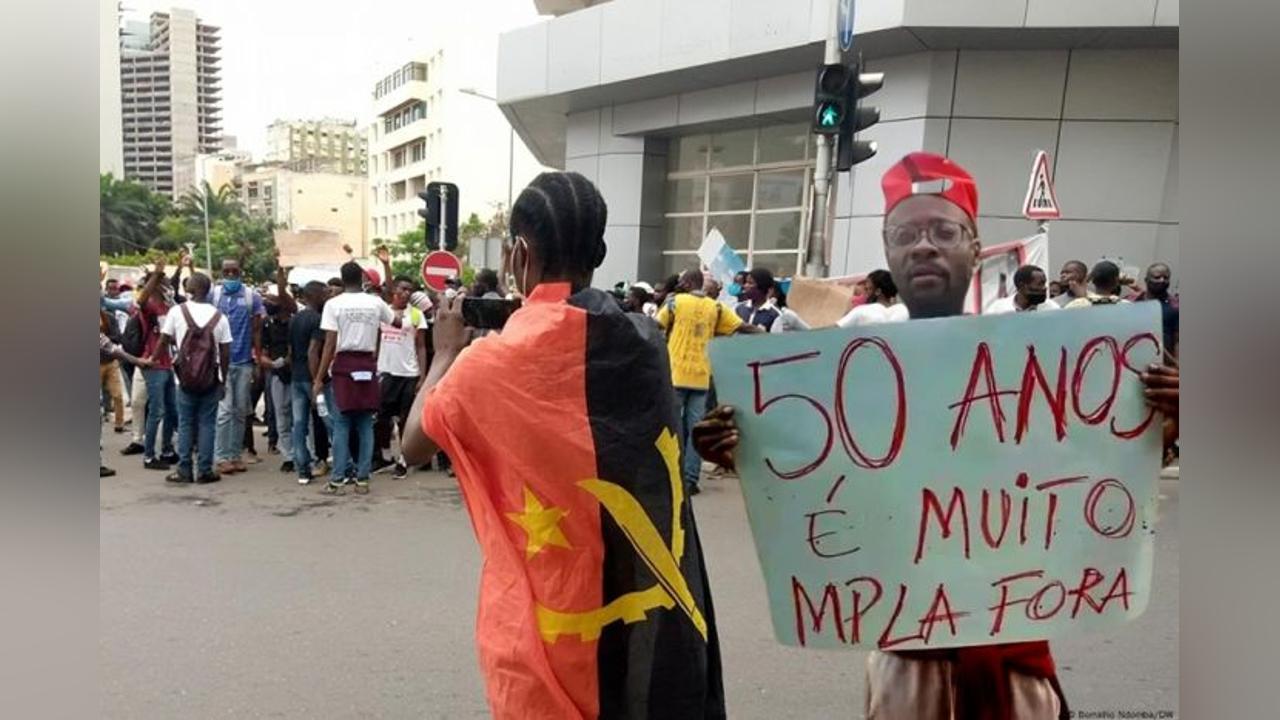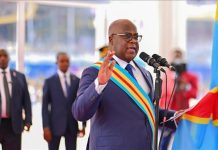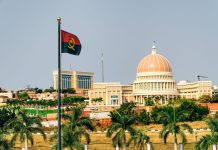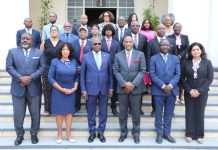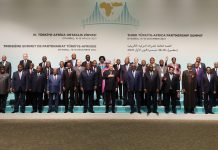Africa-Press – Angola. The “level of opposition” to the MPLA “is very high”, say analysts interviewed by DW. But the ruling party in Angola is not afraid of the crisis of the liberation parties in the region, like the one facing FRELIMO in Mozambique.
The party in power in Angola since 1975 celebrated its 68th anniversary on December 10, following social protests, mainly due to the rising cost of living.
“The level of opposition to the MPLA in Angola is quite high, it cannot be quantified in terms of percentage, since the elections do not reflect the electoral truth”, says Angolan journalist Ilídio Manuel.
It is because of this alleged lack of electoral truth that Mozambique has been experiencing protests since the results of the general elections on October 9 were announced.
Will the Popular Movement for the Liberation of Angola (MPLA) withstand the crisis of the region’s liberation parties? Ilídio Manuel advises the ruling party to “read the signs of the times”.
Mozambique and other examples
“We should learn from what is happening now in Mozambique in order to prevent situations like this from happening again in Angola because no matter how much power you have, it is never eternal”, argues the journalist, recalling “the example of Mexico”, where the Institutional Revolutionary Party (PRI), which was in government for 70 years, “then when it fell it never got back up again”.
The Botswana Democratic Party, which had been in power for almost 60 years, has already fallen. Duma Boko’s Change for Democracy Coalition ended the party’s 58-year run in power this year.
The African National Congress (ANC) in South Africa lost its absolute majority and was forced to share power with the Democratic Alliance.
Why are these parties in free fall? “It is also the result of the ineffectiveness and electoral promises that were often not fulfilled by these parties considered giants,” responds Nkinkinamo Tussmba, an expert in international relations.
“And another situation that is no less important is the electoral maturity that the citizens of some of these countries have been acquiring over all these years,” he adds.
Winds of change
And with almost 50 years of governance, isn’t the MPLA afraid of the winds of change in the region? “The MPLA, as the party in power, has done its job. The opposition is the one that has to try to change the paradigm of these events,” says Tussmba.
For the expert, “the MPLA has nothing to fear, but we also cannot think that the MPLA has everything.” In other words, “this wave that is sweeping across Southern Africa” could reach Angola “if the MPLA settles down,” he explains.
“I think the MPLA is not distracted by this. The opposition must do much more to change the paradigm,” concludes Nkinkinamo Tussmba.
For More News And Analysis About Angola Follow Africa-Press

